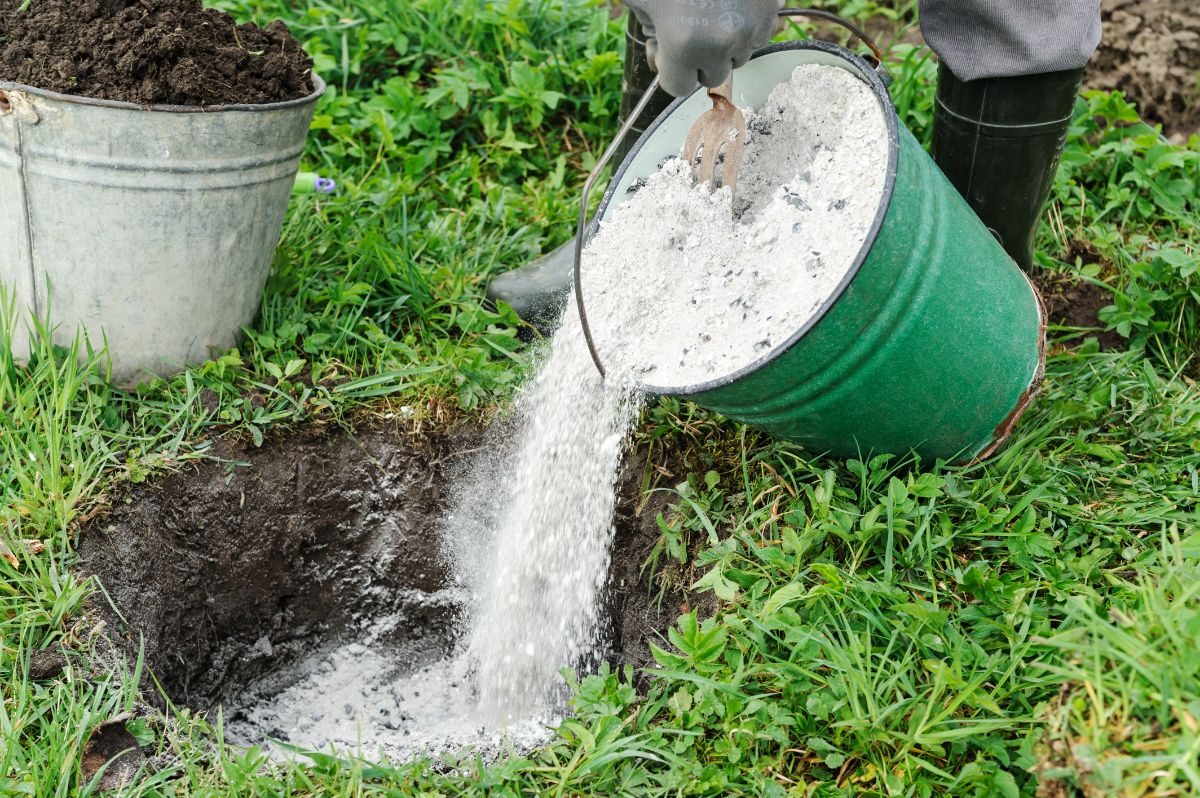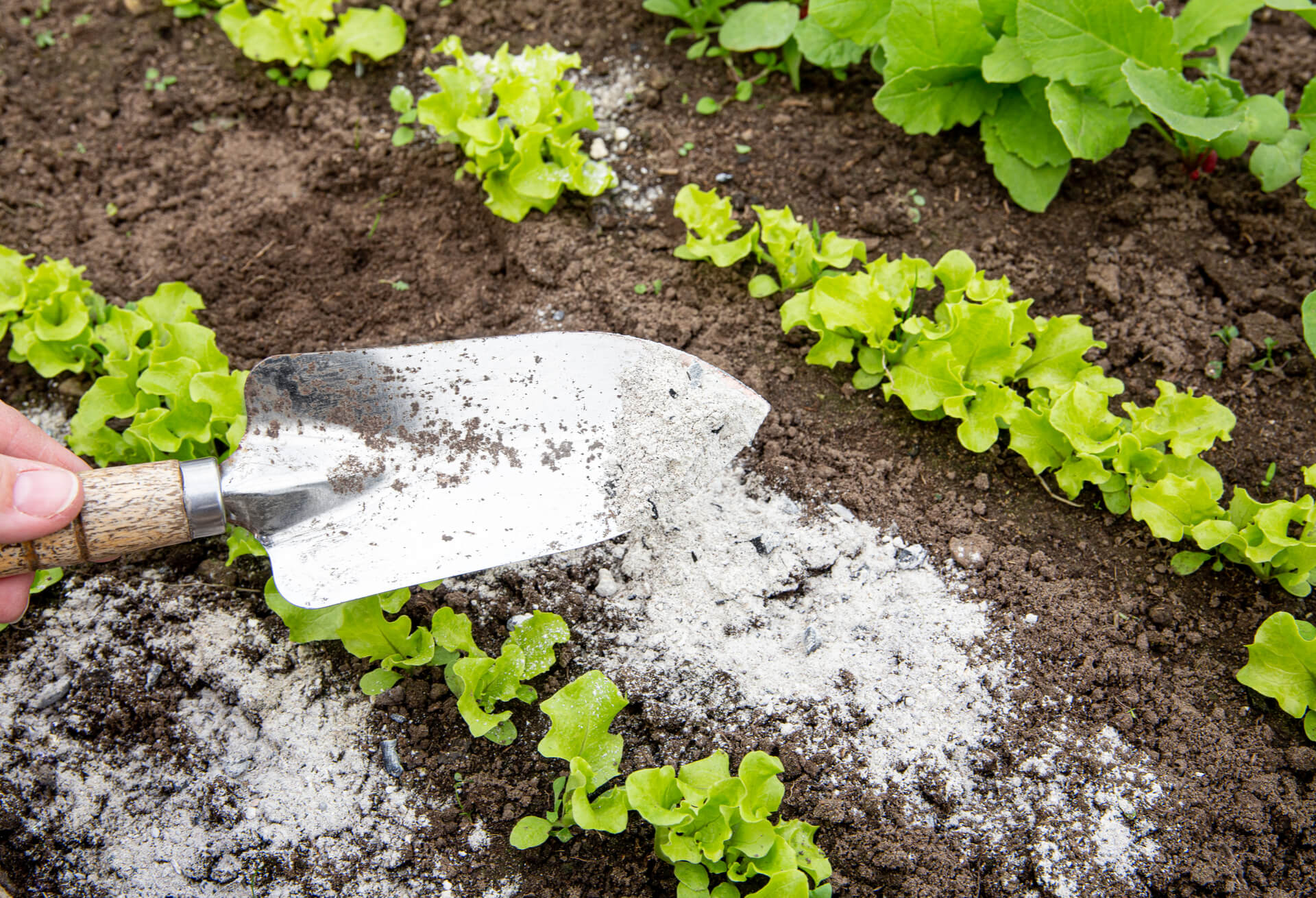
Be aware that the ashes that are created in your fireplace or wood stove are a valuable resource if you heat with wood and that you should save them. They can, in fact, serve a wide variety of purposes in your garden. This article will provide you with all of the information you require concerning the application of wood ash in gardening.
Use Wood Ashes as Fertilizer
Wood ash is high in potash and lime, which makes it a great amendment for vegetable gardens and beds. The ashes also include iron, soda, and magnesia, all of which are beneficial to plants. As a result, the ashes enrich the soil by giving it with several nutrients that are helpful to many plants, including fruit trees, vegetables, and flowers. But, because ash does not contain nitrogen, it should not be used to enhance your soil.
Although ash has several benefits as an amendment, it should be used sparingly in calcareous soils and avoided in heather-loving plants like rhododendrons, hydrangeas, and azaleas.
Protection for The Vegetable Garden
The effect of wood ashes in your garden varies depending on where and how they are scattered. As a result, spreading them in your vegetable squares protects the leeks, onions, and shallots from white rot. When ashes are put in a furrow, they drive flea beetles away from cabbages and radishes. Spread the ashes around the planting square to keep snails and slugs away from your salads and other vegetables.
When ashes are sprinkled in the garden, they provide numerous additional benefits. Because they are high in lime, they lighten heavy soils and ameliorate acidic soils.
Ashes Promote Successful Bulb Planting
There is always a chance that you will not obtain any plants when you plant bulbs of ornamental plants. Bulbs are prone to slugs, fungus, excessive humidity, and a variety of other conditions. Rolling them in wood ashes before planting protects your bulbs from all of these dangers and increases your chances of success in this delicate planting.
Ashes Improve Compost
If you have a composter in your garden, you should be aware that ashes can significantly improve the quality of the compost produced. Put it in little amounts and space them out to reduce the foul aromas that can emerge from the compost bin. You are adding minerals to your compost by doing so.
But, be careful not to add too much ash to the compost, since too much ash might disrupt aeration, promoting foul odors and slowing the decomposition of organic waste by bacteria. Thus, no more than a handful of ashes per week.
Ashes Improve The Condition of Lawns
Despite the fact that it does not contain nitrogen, wood ash is helpful to natural grass lawns. By spreading ashes in modest amounts over the entire surface of the grass, you can reduce soil acidity and encourage the activity of earthworms and underground microbial fauna.
The soil becomes richer, more aerated, and better drained, and the grass root system is better nourished and has better conditions to develop. The overall condition of your lawn will improve as a result. Furthermore, because they improve drainage, ashes help to keep moss at bay on the lawn.
Which Wood Ashes to Use in The Garden?

Regrettably, not all ashes are suitable for use in the garden. You should only utilize ashes from untreated wood, which has no additives, paint, lacquer, varnish, or other chemicals. Avoid wood covered in paper or plastic, as well as mineral coal ashes, which are extremely poisonous. If you use ashes from one of these items, you permanently damage your soil and alter the biological and hygienic quality of your garden’s veggies and fruits.
As a result, only use ashes from untreated, extremely dry wood, and, in any case, recent, very fresh ashes are always the best for the garden.
Consider shifting your wood ashes before spreading them in your garden if they include too much big debris that could impair the soil quality.






